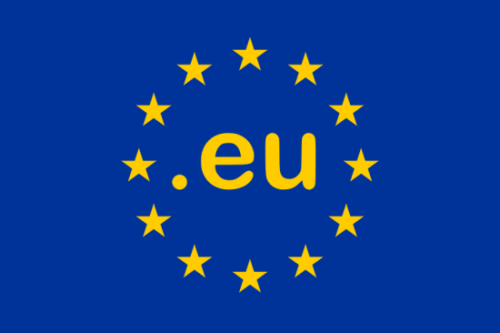The European Union (EU) Ambassador/Head of Delegation to Nigeria & ECOWAS (Economic Community of West African States), Ambassador Michel Arrion, has said the EU has no offensive economic agenda against Nigeria on the implementation of the Economic Partnership Agreement (EPA) between the EU and West Africa.
Rather, the EU’s mission in Nigeria and West Africa, he said, was to ensure the advancement of the sub-region as well as the enhancement of the competitiveness of its various economic segments.
He made the clarification in Lagos while announcing the fourth EU-Nigeria Business Forum (EUNBF) with the theme Unlocking Opportunities for Diversification as its theme.
The EPA seeks to create a Free Trade Area (FTA) between the EU and the African, Caribbean and Pacific Group of states (ACP). Under the scheme, the EU would immediately offer the 15-member ECOWAS and a non-member state, Mauritania, full access to its markets. In return, ECOWAS would gradually open up 75 per cent of its markets – with their 300 million consumers – to Europe over a 20-year period.
But the EPA has been largely criticised by some members of the business community particularly manufacturers who raised concerns over perceived potential negative impact of the deal on the nation’s industrial sector if certain products were allowed tariff-free entry into the Nigerian market. The thinking was that the EPA would not be in the overall interest of the Nigerian economy over the long term.
But the EU envoy noted that most of the arguments against the EPA were wrong, bordering on emotions than facts. He said in pushing for EPA, investors from EU’s 28-member states see Nigeria as a place they can invest and so had no hidden agenda whatsoever. “We have no offensive agenda for Nigeria because we believe that Nigeria and ECOWAS are very important places where European or other non-European businesses could invest because there is enough room for investment,” he said.
Arrion however, assured that in investing in Nigeria and other ECOWAS member states, the EU would not invade the West African market with products that could compete with domestic products which Nigeria and other countries in the region would be producing, pointing out that the EU has removed all its export subsidies to the West African market.
Arrion stressed the importance of the EUNBF, which holds in Lagos from November 5 and 7, noting that it would bring together business leaders and policy makers from both the public and private sectors in the EU and Nigeria to discuss business opportunities and impediments to investments. Specific sessions have been designed to address obstacles to the effective development of the agricultural value chain and the opportunities which exist in the framework of the EPA between the EU and West Africa.
“The forum will aim to increase domestic and foreign investments particularly in agribusiness, in line with Nigeria government’s diversification efforts,” he explained, announcing €6.5billion financial trade related development assistance for Nigeria’s growth and development for every five years till 2035. He said the gesture was to demonstrate the EU’s strong belief and confidence in the Nigerian market.
“Every five years, we are committed to giving grants and development assistance. The EU and its 28 member states have agreed to give a minimum of €6.5billion for every five years. We are very comfortable to provide this development assistance,” he said, adding that since 2012, EUNBF, a collaborative effort of the EU and its member states in Nigeria, has served as a platform for private sector participants to gather essential market information, identify business opportunities and connect with key players.
Noting that EU’s economic relations with Nigeria have been robust, with the EU being the top destination for Nigeria’s oil and non-oil exports, Arrion said the volume of trade between Nigeria and EU stood at €34.4billion in 2013, accounting for 29.6 per cent of Nigeria’s total trade in that year.
He stated that the forum will build on these strong relations to deepen understanding of the role that EPA can play in supporting the diversification of Nigeria’s economy. “It will also strengthen EU-Nigeria business relations through identification of opportunities in agribusiness and forging of partnerships, while also addressing bottlenecks related to the effective development of agribusiness in Nigeria,” he added.
Ambassador Arrion however, pointed out that many of Nigeria’s economic policies are at variance with the basic rules of ECOWAS trade operations in the sub-region. He said, for instance, that since January 2015 when the new ECOWAS Common External Tariff (CET) came into force, giving member states 14 months to comply, Nigeria is yet to comply in clear disregard for agreements and conventions of ECOWAS.
“Nigeria is maintaining import bans against ECOWAS. You can do this outside ECOWAS but not within. You are part of the same community and bound by some rules relating to free movement of goods and people,” he stated.
